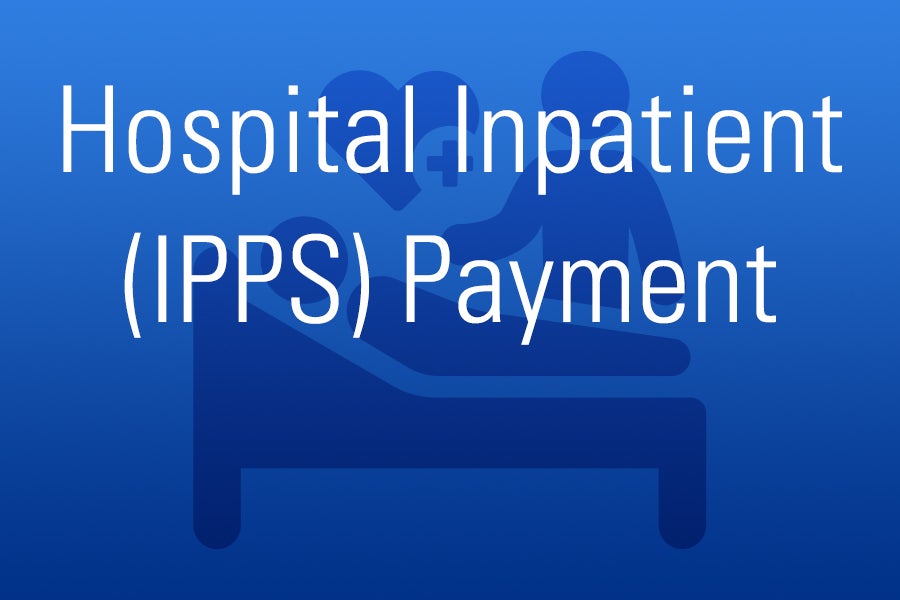

Advocacy Issue: Hospital Inpatient (IPPS) Payment
America’s hospitals and health systems continue to face unprecedented financial pressures due to the ongoing effects of the COVID-19 pandemic and current inflationary economy. Historic inflation has extended and heightened the already severe economic instability brought on by the pandemic resulting in razor thin operating margins from massive surges in input costs, including a struggling workforce, drug costs, supplies and equipment. Even slight increases in expenses have had dramatic negative effects on many hospitals’ operating margins, jeopardizing their ability to care for patients and communities.
Taken together, these shifts in the health care environment are putting enormous strain on hospitals and health systems, which will continue in FY 2023 and beyond.
AHA Position
The AHA is deeply concerned with CMS’ woefully inadequate proposed inpatient hospital payment update of 2.8% given the near decades-high inflation and increased costs for labor, equipment, drugs and supplies. This insufficient adjustments are simply unsustainable.
2022 was the most financially challenging year for hospitals during the pandemic, with half of hospitals finishing the year with a negative operating margin. So far, this worrying trend has continued in 2023, most recently with reports of record high hospital defaults. The AHA has repeatedly requested that CMS and the Administration remedy shortcomings in its previous market basket forecasts for all hospitals. For example, CMS’ inpatient payment update was a full three percentage points less than what actual market basket inflation was in 2022 and the long-term care update was 2.9 percentage points less.
Layering these inadequate inflationary adjustments on top of Medicare’s existing underpayments to hospitals does not reflect the reality of the world hospitals are providing care in. Without more substantial updates in the final rule, hospitals’ ability to continue caring for patients and providing essential services for their communities will be threatened.

